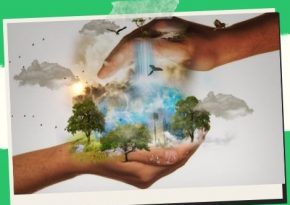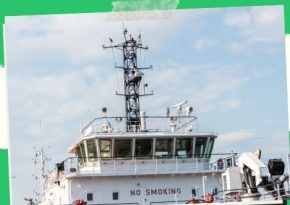
The water quality on Dolomite beaches is improving, although it is still unfit for leisure.
MANILA – According to the Manila Bay Site Coordinating and Management Office, a decrease in the amount of fecal coliform has been seen on the dolomite beach of Manila Bay (MBSCMO).
Significant progress in the Manila Bay Rehabilitation, including the fall of fecal contamination of water, was presented in a webinar hosted by the Department of Environment and Natural Resources-National Capital Region (DENR-NCR).
One of the speakers, Glenn Alvin Gustilo, Development Management Officer II, stated that as of May 4, the three Dolomite Beach stations had decreased fecal coliform values.
For example, the level in Dolomite Station A has fallen to 1,600 mpn (most probable number) per 100 ml from 3.5 million mpn in 2020. Similarly, from 2020’s 9.2 million mpn, Station B has recorded 1,100 mpn per 100 ml, whereas Station C has only 920 from the preceding 1.6 million mpn.
It has not yet attained the SB classification, which allows the public to enjoy “bathing, swimming, and skin diving, as well as spawning grounds for bangus and other related kinds of fish.”
“It’s low, but it’s not yet at the level of a class SB.” “We’re claiming there’s an improvement there because of the engineering interventions that have been implemented in the dolomite [beach] to avoid the spread of fecal coliforms and the entry of wastes in those regions,” he explained in Filipino.
The coliform level must drop to 100 mpn per 100ml for the dolomite beach to be safe for leisure activities like swimming, according to Gustilo.
He stated that the DENR, in collaboration with all other agencies, local government units (LGUs), and other stakeholders, has consistently increased efforts to maintain gains and advance rehabilitation.
“We’ve put in trash traps, trash boats, trash rafts, trash nets, waste collector trikes, and trash bins to encourage our LGUs and barangays to clean up their waterways,” he said.
There are three phases to the Manila Bay Rehabilitation: cleanup and water quality improvement, rehabilitation and resettlement, and protection and sustainability.
Because the Philippines is an archipelagic country, DENR-NCR Regional Director Jacqueline Caancan emphasized the need of participating in the recovery efforts.
She also stressed the importance of “balancing development with environmental integrity.”
Save/Share this story with QR CODE
Disclaimer
This article is for informational purposes only and does not constitute endorsement of any specific technologies or methodologies and financial advice or endorsement of any specific products or services.
 Need to get in touch?
Need to get in touch?

We appreciate your reading. 
1.) 

Your DONATION will be used to fund and maintain NEXTGENDAY.com
Subscribers in the Philippines can make donations to mobile number 0917 906 3081, thru GCash.
3.) 
4.) 
AFFILIATE PARTNERS

World Class Nutritional Supplements - Buy Highest Quality Products, Purest Most Healthy Ingredients, Direct to your Door! Up to 90% OFF.
Join LiveGood Today - A company created to satisfy the world's most demanding leaders and entrepreneurs, with the best compensation plan today.

 Business, Finance & Technology
Business, Finance & Technology





